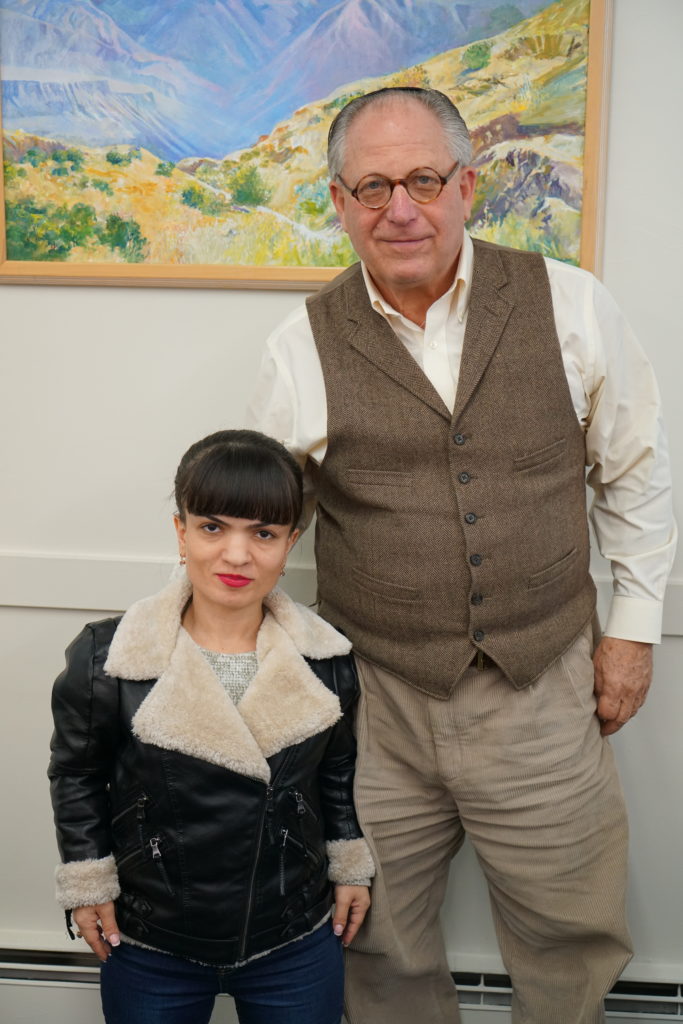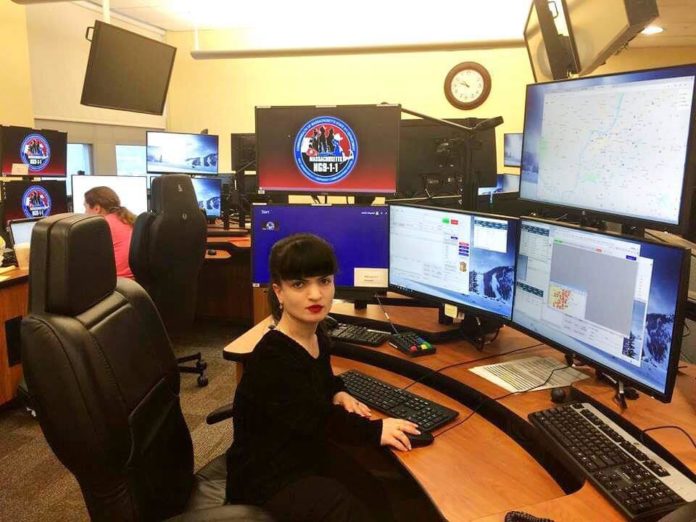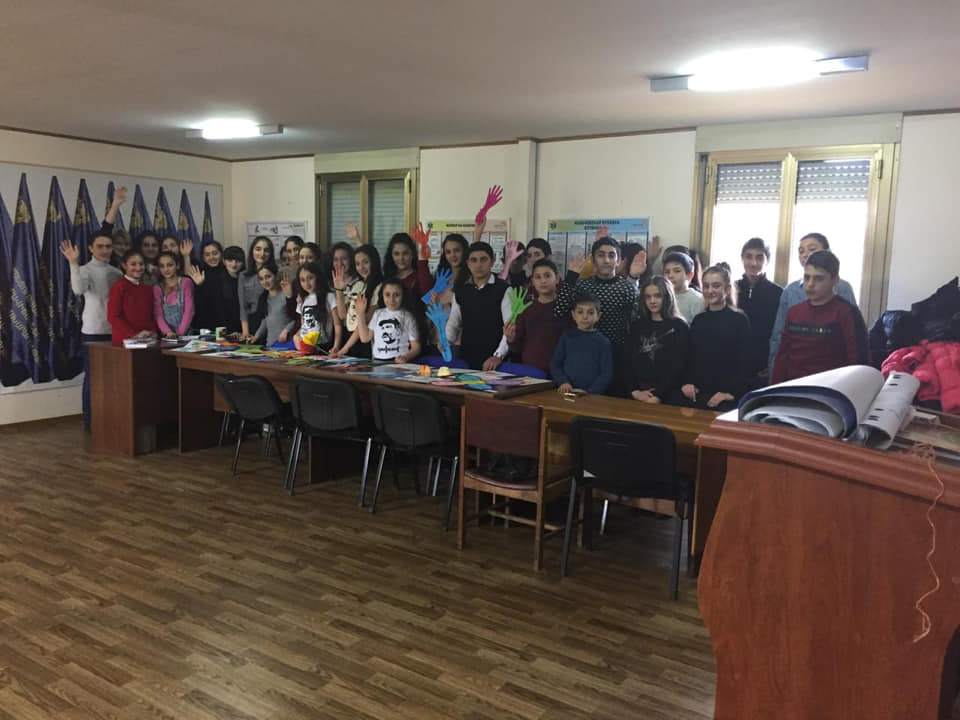WATERTOWN — People always seem to seek uplifting and inspiring stories in the holiday season. Consequently, the story of Heghine Movsesyan is quite appropriate and rewarding. Overcoming a variety of challenges in life, Heghine has created a free afterschool school program for children in her native city of Vanadzor, the capital of Lori Province of Armenia, and recently was in the United States on a two-week trip to gather more information for her work.
Movsesyan discovered while young that she had a talent for languages. Her mother paid for private lessons by selling the family’s heirlooms. In 2006, she graduated the No. 8 Anoosh Mathevosian School in Vanadzor, which itself is a manifestation of the good deeds of the school’s namesake philanthropist in the United States, and entered Vanadzor H. Toumanyan State Pedagogical University. She graduated with honors, focusing on the English language and literature and then earned a master’s degree in pedagogy in the fields of foreign language and literature in 2012.

Movsesyan now can speak many languages, including Armenian, Russian, English, German and French, and can read some Latin, Arabic, Italian and Urdu. She said, “The more languages we know, the more capable we are in a changing world. I would like to speak to each person in his own language.”
She applied for a job in the Ministry of Emergency Situations of the Republic of Armenia, and after taking the necessary examination and taking part in interviews, became one of only five people chosen out of 240 applicants. Her language skills in particular were a great asset. She began work in August 2014 at the Emergency Preparedness Services in Vanadzor. This is the equivalent of 911 in the United States. She responds to emergency calls, does translation and interpretation, and registers disasters.
Movsesyan knew that in Vanadzor, the public schools were not as good as they were in the Soviet period. Tutoring was necessary so that students could advance and get higher education. The same teachers from the public schools would charge money for afterschool lessons, but the poor could not afford this. She felt bad and wanted to create a free tutoring program.
She said, “First of all, I wanted to teach English, because it is an international language. In Armenian, you need to take an exam in English if you want to enter nearly any university. We wanted to start with English, but it turned into a school.” She invited several dozen students to her home, an apartment on the seventh floor of a Soviet-era building, and implemented the program Reach Out and Touch the Stars. The students began receiving top marks of 10 out of 10 in English in school, while in Russian and Armenian they only were getting 7s and 6s. Peace Corps Volunteers helped teach in her program.










